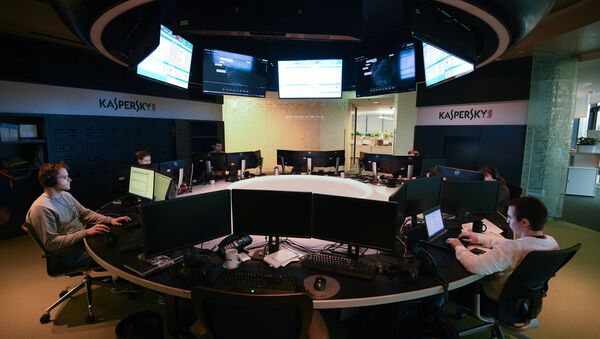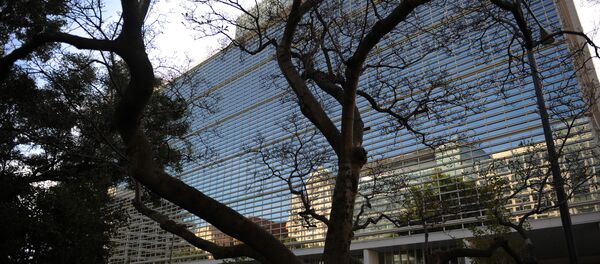Positive impact of free Kaspersky
Sandip Patel, a UK Barrister who has been at the forefront of cases involving cybercrime and cybersecurity, such as the "Facebook Hacker" and "Anonymous" prosecutions for computer hacking involving PayPal and Visa, approved of the free antivirus initiative.
"There is ample evidence that the take up of good free antivirus programs has a positive influence on cybersecurity. For instance, in June this year, Hong Kong police announced that computer users were to be offered a free antivirus scan as part of a year-long police campaign to promote cybersecurity. In my opinion, Kaspersky Free is a superior product that offers strong anti-malware protection, and plays a powerful role in countering the rising threat of malware attacks," Patel told Sputnik.
According to Mail.Ru Group Vice-President and Head of Email and Portal Business Unit Anna Artamonova, the free version of Kaspersky antivirus would provide users merely with a basic security level, however, it would "help create safer online environment, providing users with tools to protect themselves from basic hacking attacks."
"Most of the attacks succeed because a user has been careless and was caught off-guard," Artamonova told Sputnik.
Future of Cyberdefense
"At the moment, classic perimeter security paradigm that everyone has gotten so used to that no one doubts it, is not working. That is the root of all problems. The 'firewall+antivirus' link that everyone has gotten used to installing on the perimeter has long stopped being able to protect companies even from internet threats, not to mention breaches via flash drives, unsecured Wi-Fi, mobile devices, encrypted channels and so on," Lukatsky said.
According to the expert, corporate networks should be divided into several layers, such as a data center, a local network, a DMZ (a demilitarized zone, a buffer area between a secured corporate network and a larger untrusted network), a perimeter, mobile devices and a cloud, with each level using defense technologies that are similar in concept but different in implementation.
The expert stressed that the need for layered security had been pointed out in the past, but criminals used to infiltrate networks via the perimeter, because it was simpler.
"The clients have more or less learned to protect the perimeter and bad guys have moved the emphasis to the attacks in different directions, which the clients are simply not ready for because they build security systems the way they are used to," Lukatsky said.
The expert noted that the principle of layered security has not changed, adding that many options to counter the growing cyberthreat are already available.
The expert suggested that the next global step forward would be the use of artificial intelligence to analyze data collected by security systems, but it would be a while before it happened.
Patel, in turn, stressed the need for a larger strategy to fight cybercrime in terms of policy, given its current scale.
"There is a vital need for a true international cybercrime treaty beyond the Budapest Convention. In 2010, the UN missed an opportunity when it rejected a Russia-backed proposal for such a treaty," the expert said.
Europol said in its Tuesday press release that the ransomware threat has "soared" since 2012, adding that the number of users across the world who have experienced ransomware attacks increased by 11.4 percent between April 2016 and March 2017 compared to previous 12 months, and reached 2,581,026.
In May, a WannaCry ransomware attack infected thousands of computers in over 100 countries. Another widely reported series of cyberattacks occurred in late June, impacting a number of countries, including Russia and Ukraine.





